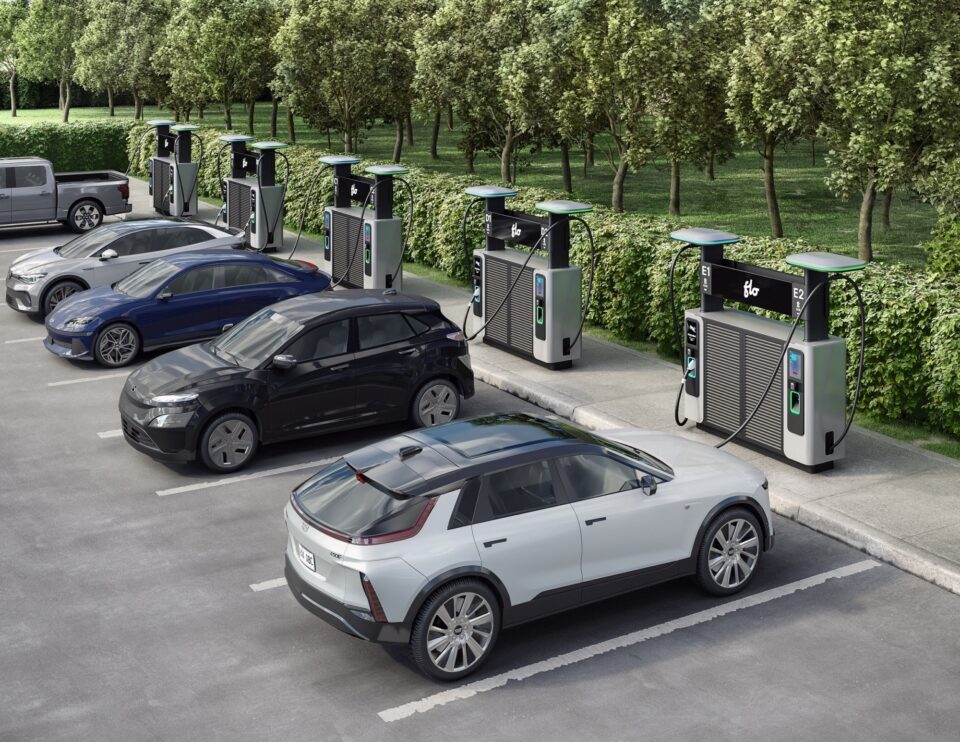Elevated demand for electric vehicle charging is prompting the Canada Infrastructure Bank to deploy more than the $500 million originally earmarked with the launch of its Charging and Hydrogen Fuelling Initiative (CHRI).
FLO was the first project partner, agreeing to borrow $235 million to add about 1,900 charging ports across the country over the next four years. A second company is set to announce its own deal with the CIB to add about 2,000 fast charging ports across Canada.
The CIB will share utilization risk by aligning financing repayment with use of the chargers by motorists. The more users, the greater financial upside for all.
Several other charging deals are in negotiations, as is the CIB’s first hydrogen project, soon to be announced.
The goals of the CHRI initiative are to reduce transportation sector greenhouse gas emissions by accelerating the private sector’s rollout of large-scale ZEV chargers and hydrogen refuelling stations, spur the market for private investment and support economic opportunities.
The CIB’s expanded mandate was first announced in April 2022 as part of Canada’s 2030 Emissions Reduction Plan and the federal budget. Natural Resources Canada also received an additional $400 million for its Zero-Emission Vehicle Infrastructure Program (ZEVIP).
The Government of Canada has established a goal of adding 50,000 new ZEV chargers and hydrogen refuelling stations across Canada in the short term.
“Since the launch of our CHRI initiative, we moved quickly to collaborate with the private sector and expand the availability of charging infrastructure. The market has been very receptive and I’m proud to say we closed our first deal, with FLO, within one year,” said CIB CEO Ehren Cory.



